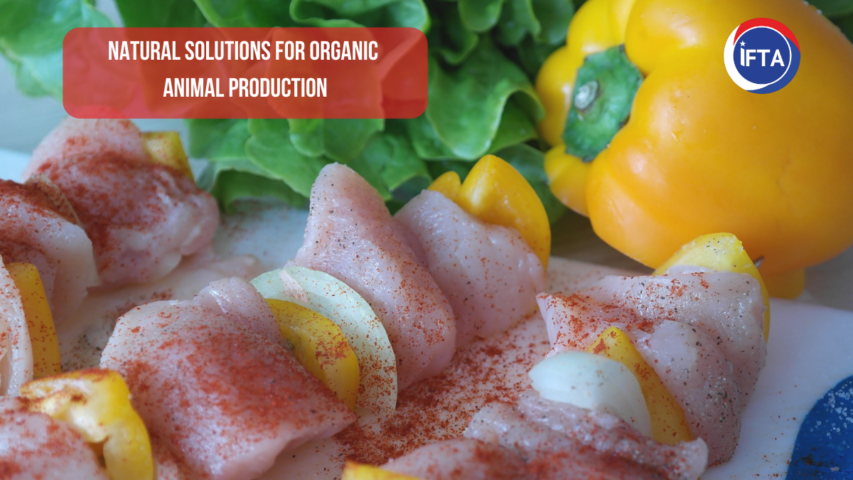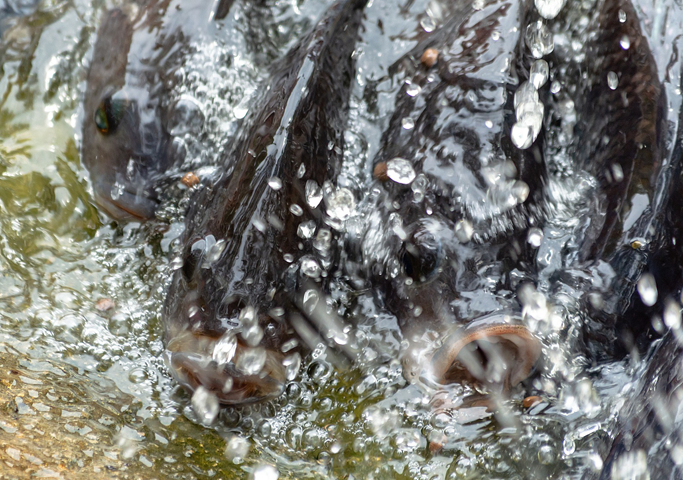
By the year 2050 the global human population is expected to reach 9.7 billion people – what does that mean in relation to our ability to have access to safe, nutritious and healthy food? The demand for meat, dairy and specialty crops such as fruits, nuts, and vegetables has increased tremendously in the last decade. Particularly, consumers in developed countries have developed preferences for specialized products that are marketed as organic, fair-trade, or locally grown. We may even notice our own preferences taking a sharply different turn as many of us dig through the assortment of frozen meats at our local grocery store for the big bold words: ORGANIC or ALL NATURAL plastered on the label. Organic is a labelling term that indicates that the food or other agricultural product has been produced through approved methods.
Livestock and poultry standards apply to animals used for meat, milk, eggs, and other animal products sold, labelled, or represented as organic. Some requirements include:
- Animals for slaughter must be raised under organic management from the last third of gestation, or no later than the second day of life for poultry.
- Producers must feed livestock agricultural feed products that are 100 percent organic, but they may also provide allowed vitamin and mineral supplements.
- Dairy animals must be managed organically for at least 12 months in order for milk or dairy products to be sold, labelled or represented as organic.
- Preventive management practices must be used to keep animals healthy. Producers may not withhold treatment from sick or injured animals. However, animals treated with a prohibited substance may not be sold as organic.
- Ruminants must be out on pasture for the entire grazing season, but for not less than 120 days. These animals must also receive at least 30 percent of their feed, or dry matter intake (DMI), from pasture.
- All organic livestock and poultry are required to have access to the outdoors year-round. Animals may only be temporarily confined due to documented environmental or health considerations.
Challenges in food safety and sustainable food production
By the year 2050, food production will need to increase by more than 50% of 2012’s production levels just to meet the demand. Overcoming the challenges in food safety and sustainable food production is worthy of our attention especially as new forms of bacteria and transboundary diseases pose an enormous threat to food safety and security. Transboundary diseases are highly contagious animal diseases that cause high morbidity and mortality in animals. Outbreaks of transboundary disease are economically devastating for farmers and have a significant impact on the cost and availability of food.
What does all of this mean for producers? It means that producers need natural solutions that improve animal´s health status, reducing the use of antibiotics, and maintain the productive performance of animals.
Maintaining the intestine in optimal conditions is one of the main challenges for producers. Usually, chemicals used in animal production are aimed at improving intestinal welafare. But in order to reduce their use according to organic production guidelines, producers look for natural solutions effective for this purpose.
Pronutrients, the effective organic solution for animal welfare
Pronutrients, molecules from a plant origin, stimulate the physiology of the animals. Normally, in nature, these molecules can be found in small amounts in different plants. However, animals living on farms only have access to commercial diets, with no access to plants, so their organs are more susceptible to infection. The addition of pronutrients in the diet improve the functioning of organs and ensure the productive performance of animals in a natural way.
Specifically, intestinal conditioner pronutrients are natural active molecules that stimulate specific genes in the enterocytes and improve the integrity of the intestinal epithelium. In such a way that the product increases the absorption of nutrients, improves the digestibility of the food and maintains the balance of the intestinal flora.
Pronutrients are products available under organic certification. The use of intestinal conditioner pronutrients is critical to overcoming the challenges in food safety and sustainable food production. Pronutrients are the answer to reducing the use of antibiotics and maintaining the productive performance of animals under organic certification.



